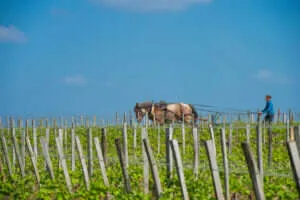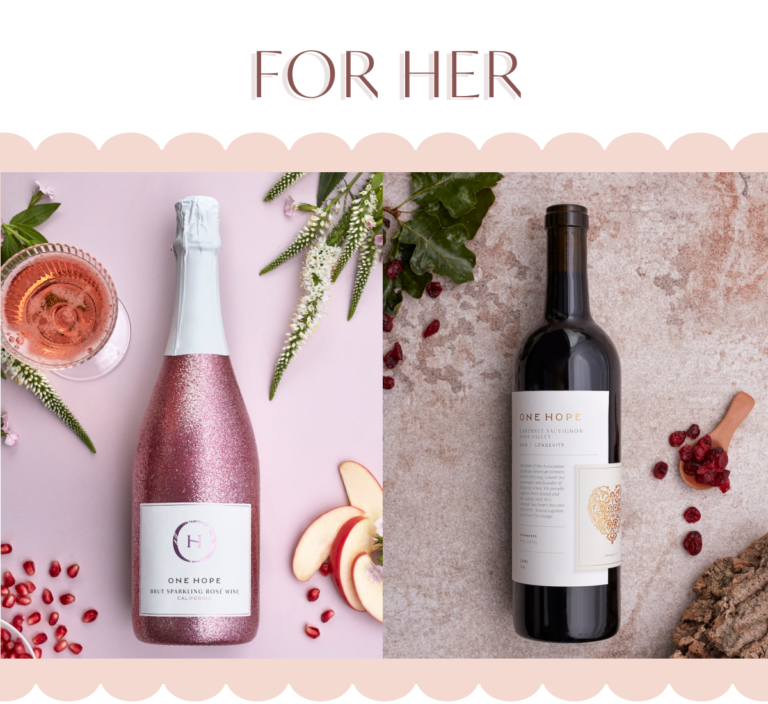Bordeaux has led the way in confronting some of the many challenges facing winegrowers in France, says Michel Bettane. But in other respects it lags far behind.
Every wine-growing region in France is worried about the future. The considerable impact of climate change has brought all agricultural practices into question. But it will be harder still to convince civil society to defend the agriculture that is helping to preserve our countryside, our expertise, and our workers from the maneuvers of the health lobby—the enemy of even a molecule of alcohol to escape from the laboratories of the pharmaceutical firms.
On my regular travels through our vineyards, I don’t always see smart responses to the challenges faced by growers; ideologies are not well equipped to address them. In this respect, Bordeaux encapsulates both the worst and the best—the worst in terms of its inept response to addressing the challenges faced by its most vulnerable producers. The region refuses to make adaptations to a style that no longer suits consumer tastes or to a distribution system that is ill equipped to deal with thousands of brands that try to pass themselves off as châteaux.
But those assets that have created Bordeaux’s reputation as a source of high-quality wines have also been at the heart of the best responses in the region. I have witnessed the astonishing transformation of a system of viticulture that was once extremely conservative. There are hundreds of properties in the Bordeaux region that are leading the
This Article was originally published on World of Fine Wine





